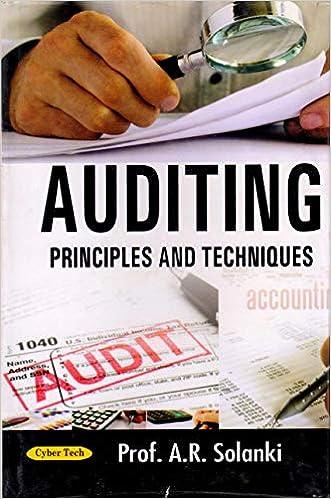b. Prepare a before-closing trial balance. The following accounting events apply to Mary's Designs for Year 1: Asset Source Transactions 1. Began operations by acquiring $21,000 of cash from the issue of common stock. 2. Performed services and collected cash of $1,200. 3. Collected $4,700 of cash in advance for services to be provided over the next 12 months. 4. Provided $10,800 of services on account. 5. Purchased supplies of $360 on account. Asset Exchange Transactions 6. Purchased $3,800 of land for cash. 7. Collected $8,900 of cash from accounts receivable. 8. Purchased $530 of supplies with cash. 9. Paid $3,900 for one year's rent in advance. Asset Use Transactions 10. Paid $3,200 cash for salaries of employees. 11. Paid a cash dividend of $2,100 to the stockholders. 12. Paid off $360 of the accounts payable with cash. Claims Exchange Transactions 13. Placed an advertisement in the local newspaper for $140 on account. 14. Incurred utlity expense of $130 on account. Adjusting Entries 15. Recognized $3,525 of revenue for performing services. The collection of cash for these services occurred in a prior transaction. (See Event 3.) 16. Recorded $930 of accrued salary expense at the end of Year 1. 17. Recorded supplies expense. Had $95 of supplies on hand at the end of the accounting period. 18. Recognized three months of expense for prepaid rent that had been used up during the accounting pertod. b. Prepare a before-closing trial balance. c. Use a horizontal statements model to show how each event affects the balance sheet, income statement, and statement of cash flows. The first event is recorded as an example. (Use + to indicate increase, - for decrease, or +/ for increase and decrease, In the Statement of Cash Flows column, indicate whether the item is an operating activity (OA), investing activity (IA), or financing activity (FA). Not all cells require input.) Required a. Record each of the preceding events in T-accounts. b. Prepare a before-closing trial balance. The following accounting events apply to Mary's Designs for Year 1: Asset Source Transactions 1. Began operations by acquiring $21,000 of cash from the issue of common stock. 2. Performed services and collected cash of $1,200. 3. Collected $4,700 of cash in advance for services to be provided over the next 12 months. 4. Provided $10,800 of services on account. 5. Purchased supplies of $360 on account. Asset Exchange Transactions 6. Purchased $3,800 of land for cash. 7. Collected $8,900 of cash from accounts receivable. 8. Purchased $530 of supplies with cash. 9. Paid $3,900 for one year's rent in advance. Asset Use Transactions 10. Paid $3,200 cash for salaries of employees. 11. Paid a cash dividend of $2,100 to the stockholders. 12. Paid off $360 of the accounts payable with cash. Claims Exchange Transactions 13. Placed an advertisement in the local newspaper for $140 on account. 14. Incurred utlity expense of $130 on account. Adjusting Entries 15. Recognized $3,525 of revenue for performing services. The collection of cash for these services occurred in a prior transaction. (See Event 3.) 16. Recorded $930 of accrued salary expense at the end of Year 1. 17. Recorded supplies expense. Had $95 of supplies on hand at the end of the accounting period. 18. Recognized three months of expense for prepaid rent that had been used up during the accounting pertod. b. Prepare a before-closing trial balance. c. Use a horizontal statements model to show how each event affects the balance sheet, income statement, and statement of cash flows. The first event is recorded as an example. (Use + to indicate increase, - for decrease, or +/ for increase and decrease, In the Statement of Cash Flows column, indicate whether the item is an operating activity (OA), investing activity (IA), or financing activity (FA). Not all cells require input.) Required a. Record each of the preceding events in T-accounts












